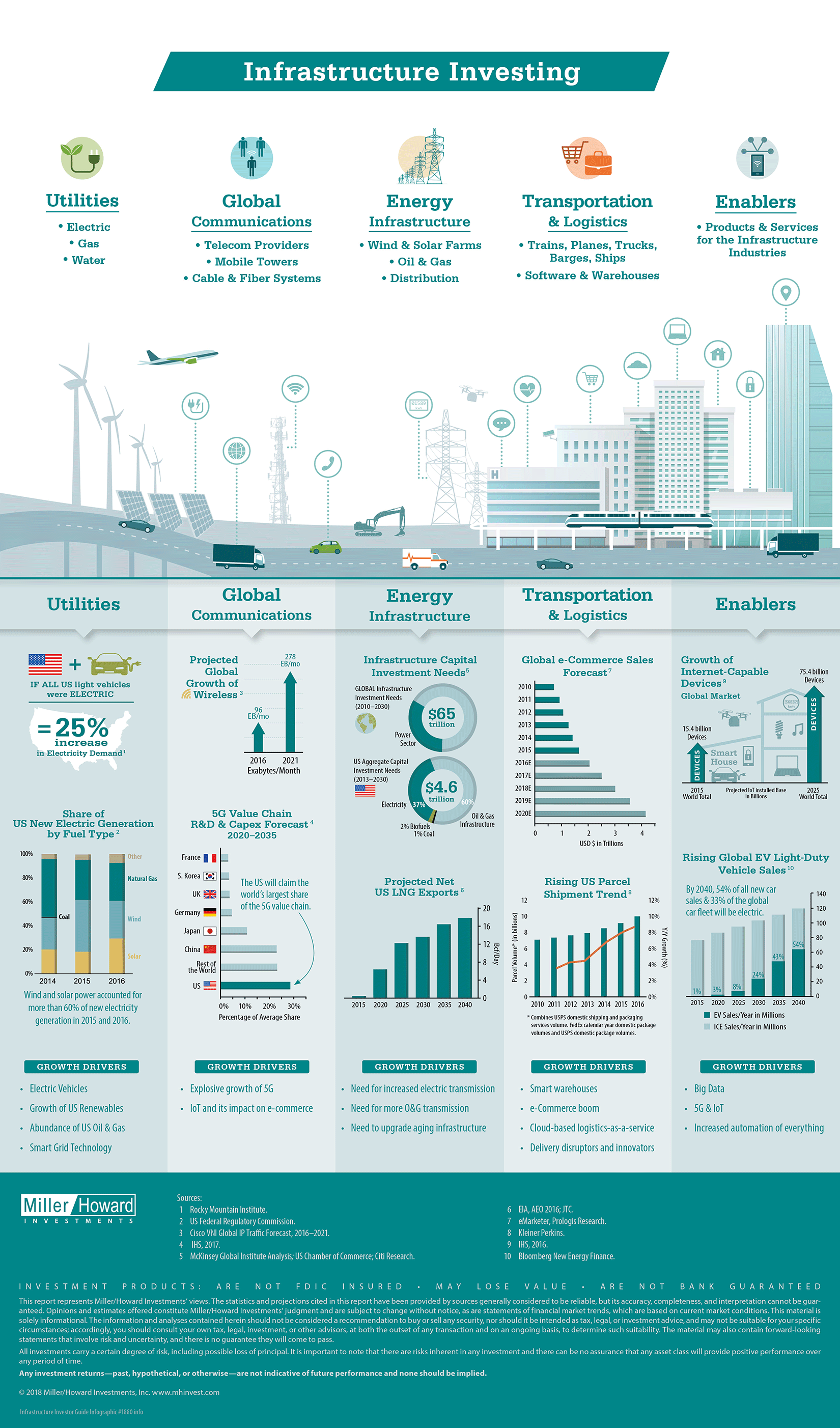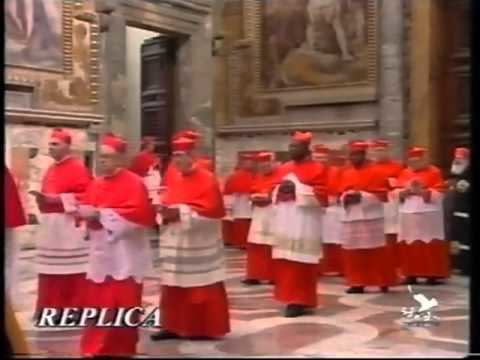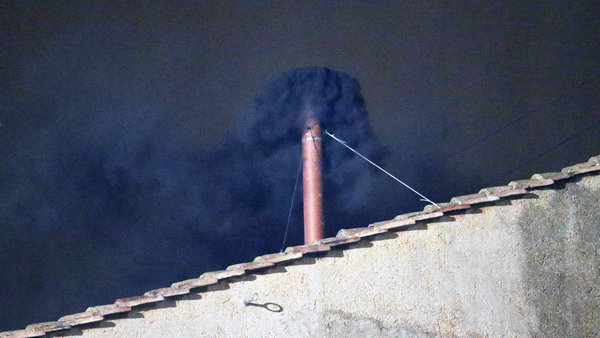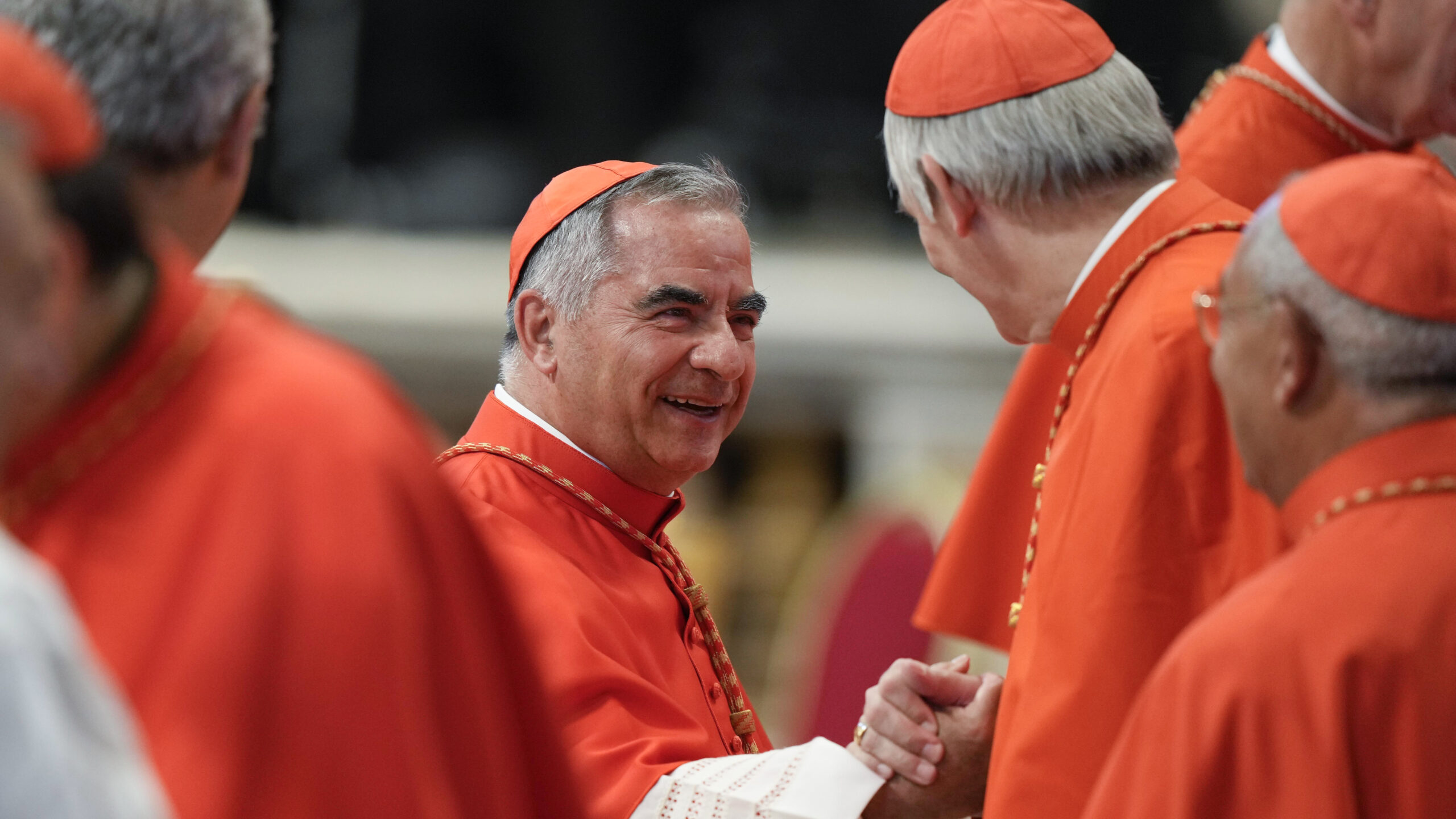Analyzing Trump's Agenda: The Next 100 Days Of Trade Deals, Deregulation, And Executive Power

Table of Contents
Trade Deals: Re-negotiation and Protectionism
Trump's early approach to trade was characterized by a strong emphasis on renegotiating existing agreements and implementing protectionist policies. This section explores two key aspects: the renegotiation of NAFTA and the implementation of tariffs leading to trade wars.
Renegotiating NAFTA: A New Era of Trade?
Trump's stated intentions regarding the North American Free Trade Agreement (NAFTA) were a major focus of his early presidency. He threatened withdrawal, aiming to renegotiate what he perceived as an unfair deal for the United States. This led to the creation of the United States-Mexico-Canada Agreement (USMCA), which replaced NAFTA.
- Withdrawal Threats: The threat of withdrawing from NAFTA served as leverage in negotiations, prompting Mexico and Canada to engage in substantial concessions.
- Potential Renegotiation Points: Key points of contention included tariffs on various goods, labor standards, and dispute resolution mechanisms. The US sought to improve its trade balance and protect domestic industries.
- Economic Consequences: The renegotiation and subsequent replacement of NAFTA had significant economic consequences. While proponents argued USMCA would benefit American workers and businesses, critics raised concerns about potential negative impacts on cross-border trade and supply chains. The long-term economic impact continues to be debated.
- Keywords: NAFTA renegotiation, Trump trade policy, USMCA, trade agreements, bilateral trade deals, trade balance.
Tariffs and Trade Wars: A Protectionist Stance
The Trump administration implemented tariffs on imported goods from various countries, sparking retaliatory measures and igniting trade wars. These actions significantly impacted specific industries and global trade relations.
- Specific Examples of Tariffs: Tariffs were imposed on steel and aluminum imports, as well as goods from China, leading to increased costs for businesses and consumers.
- Responses from Affected Countries: Affected countries responded with their own tariffs, creating a cycle of retaliatory measures that disrupted global supply chains and hindered economic growth.
- Impact on Consumer Prices: The tariffs contributed to increased prices for consumers on a range of goods, impacting household budgets.
- Implications for Global Supply Chains: The trade wars disrupted established global supply chains, forcing businesses to re-evaluate sourcing strategies and potentially increase production costs.
- Keywords: Trade tariffs, trade wars, protectionist policies, import tariffs, global trade, retaliatory tariffs.
Deregulation: Easing Environmental and Financial Restrictions
A significant aspect of Trump's agenda was the deregulation of various sectors, including environmental protection and finance. This section examines the implications of these actions.
Environmental Rollbacks: Weakening Protections
The Trump administration pursued a policy of rolling back environmental regulations, impacting climate change initiatives, clean air and water acts, and conservation efforts.
- Specific Regulations Rolled Back or Weakened: Numerous environmental regulations were weakened or repealed, including those related to emissions standards, clean water protection, and the protection of endangered species.
- Environmental Consequences: The weakening of environmental regulations led to increased pollution, accelerated climate change, and the potential loss of biodiversity.
- Public Health Concerns: The relaxation of environmental standards raised concerns about public health, particularly regarding air and water quality.
- International Agreements Affected: The US withdrawal from the Paris Agreement on climate change signaled a retreat from international cooperation on environmental issues.
- Keywords: Environmental deregulation, climate change policy, clean energy regulations, environmental protection, regulatory rollbacks, Paris Agreement.
Financial Deregulation: Relaxing Oversight
Changes were made to financial regulations enacted after the 2008 financial crisis, potentially impacting financial stability and consumer protection.
- Specific Regulations Affected (Dodd-Frank, etc.): The Dodd-Frank Wall Street Reform and Consumer Protection Act, designed to prevent future financial crises, was targeted for significant changes.
- Impact on Banks and Financial Institutions: The deregulation provided relief to banks and financial institutions, reducing regulatory burdens.
- Implications for Market Stability: Critics argued that reduced regulatory oversight increased systemic risk and could lead to future financial instability.
- Consumer Risks: The rollback of certain consumer protection measures raised concerns about increased risks for consumers in the financial markets.
- Keywords: Financial deregulation, Dodd-Frank Act, banking regulations, financial stability, consumer financial protection, systemic risk.
Executive Power: Expanding Presidential Authority
Trump's first 100 days demonstrated an assertive use of executive power, impacting policy implementation and the relationship between the executive and legislative branches.
Use of Executive Orders: Bypassing Congress
The Trump administration made extensive use of executive orders to implement policy changes, bypassing the legislative process.
- Examples of Significant Executive Orders: Numerous executive orders addressed issues ranging from immigration to environmental regulations.
- Legal Challenges to Executive Orders: Several executive orders faced legal challenges, raising questions about their constitutionality and authority.
- Impact on Democratic Processes: The frequent use of executive orders raised concerns about undermining democratic processes and checks and balances.
- Keywords: Executive orders, presidential power, executive branch, legislative bypass, checks and balances, constitutional law.
Judicial Appointments: Shaping the Judiciary
Judicial appointments made during the early Trump administration had a long-term impact on the judiciary's composition and ideology.
- Key Judicial Appointments: Numerous judges were appointed to federal courts, including Supreme Court justices, shifting the ideological balance of the judiciary.
- Impact on Supreme Court: Supreme Court appointments had profound and lasting consequences for the interpretation of laws and constitutional principles.
- Influence on Judicial Philosophy: The appointments shaped the judicial philosophy of the courts, influencing decisions on various legal matters.
- Long-Term Implications for Judicial Interpretation of Laws: These appointments impacted the long-term trajectory of legal interpretations and legal precedents.
- Keywords: Supreme Court appointments, judicial nominations, judicial philosophy, conservative judges, judicial activism, judicial restraint.
Conclusion
Trump's first 100 days were marked by a decisive push towards renegotiating trade deals, significant deregulation, and an assertive use of executive power. This analysis highlights the far-reaching consequences of these early actions on various aspects of American policy, both domestically and internationally. Understanding the impact of this initial agenda is crucial to forecasting future developments and policy debates. To delve deeper into the ongoing implications of these early decisions and to stay informed on the evolving political landscape, continue researching and analyzing the unfolding political narrative surrounding Trump's agenda. Further research into specific policy areas and their long-term effects will provide a more comprehensive understanding of the legacy of these initial policy decisions.

Featured Posts
-
 Shedeur Sanders Prank Call Son Of Falcons Defensive Coordinator Apologizes
Apr 29, 2025
Shedeur Sanders Prank Call Son Of Falcons Defensive Coordinator Apologizes
Apr 29, 2025 -
 Negeri Sembilans Data Center Boom Investment And Infrastructure
Apr 29, 2025
Negeri Sembilans Data Center Boom Investment And Infrastructure
Apr 29, 2025 -
 Nyt Spelling Bee February 28 2025 Find The Spangram
Apr 29, 2025
Nyt Spelling Bee February 28 2025 Find The Spangram
Apr 29, 2025 -
 Cassidy Hutchinson Jan 6 Hearing Testimony To Feature In Upcoming Memoir
Apr 29, 2025
Cassidy Hutchinson Jan 6 Hearing Testimony To Feature In Upcoming Memoir
Apr 29, 2025 -
 Los Angeles Palisades Fire A List Of Celebrities Who Lost Homes
Apr 29, 2025
Los Angeles Palisades Fire A List Of Celebrities Who Lost Homes
Apr 29, 2025
Latest Posts
-
 Papal Conclave Disputed Voting Rights Of A Convicted Cardinal
Apr 29, 2025
Papal Conclave Disputed Voting Rights Of A Convicted Cardinal
Apr 29, 2025 -
 Convicted Cardinal Fights For Conclave Voting Rights
Apr 29, 2025
Convicted Cardinal Fights For Conclave Voting Rights
Apr 29, 2025 -
 Cardinal Maintains Voting Eligibility Despite Conviction
Apr 29, 2025
Cardinal Maintains Voting Eligibility Despite Conviction
Apr 29, 2025 -
 Controversial Cardinal Fights For Conclave Inclusion
Apr 29, 2025
Controversial Cardinal Fights For Conclave Inclusion
Apr 29, 2025 -
 Convicted Cardinal Seeks Role In Next Papal Election
Apr 29, 2025
Convicted Cardinal Seeks Role In Next Papal Election
Apr 29, 2025
